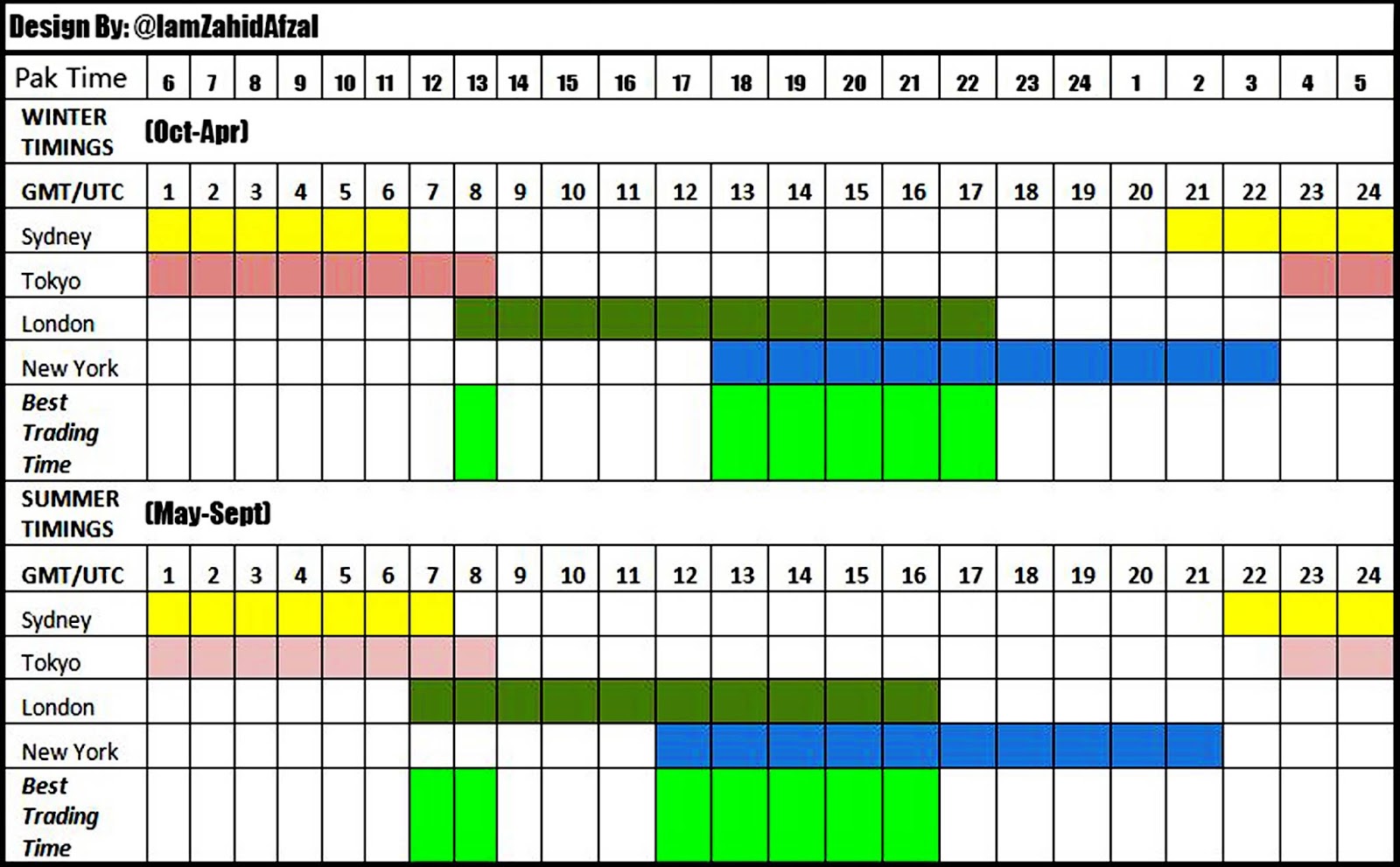Introduction
The foreign exchange (forex) market is a global decentralized marketplace where currencies are traded electronically. Forex trading occurs over-the-counter (OTC), 24 hours a day, five days a week. However, specific market sessions, known as trading sessions, have evolved due to the varying business hours of financial centers worldwide. The CADCHF market, which pairs the Canadian dollar (CAD) against the Swiss franc (CHF), is no exception, and navigating its opening and closing times is crucial for traders.

Image: www.pinterest.com
In this comprehensive guide, we will dive into the intricacies of CADCHF market hours, exploring when the market opens and closes during the week and on holidays. We will also provide insights into trading sessions, highlighting the most active and volatile periods, and discuss the impact of market closures on trading strategies. Armed with this knowledge, traders can optimize their trading activities and make informed decisions when participating in the CADCHF forex market.
Market Hours
The CADCHF forex market typically opens on Sunday evening at 5:00 pm Eastern Time (ET) and closes on Friday evening at 4:00 pm ET. However, it’s important to note that these hours can vary slightly depending on daylight saving time adjustments and holidays observed in major financial centers.
The market is divided into three main trading sessions:
- Asian Session: 10:00 pm ET to 7:00 am ET
- European Session: 3:00 am ET to 12:00 pm ET
- American Session: 8:00 am ET to 5:00 pm ET
Each session experiences varying levels of activity and volatility, with the European and American sessions typically being the most active due to the participation of major financial institutions in London, New York, and other global hubs.
Trading Sessions
Within each trading session, the CADCHF market goes through specific phases:
- Open: The market opens with a surge in trading activity as traders react to news, economic data, and geopolitical events that occurred during the market’s closure.
- Rangebound: After the initial burst of activity, the market often settles into a rangebound period, characterized by relatively stable prices within a predictable range.
- Volatility: As major economic news or events are released, volatility can spike, leading to rapid price fluctuations.
- Close: Towards the end of the session, trading activity typically slows down as traders close their positions and prepare for the next trading day.
Understanding these phases can help traders anticipate market behavior and adjust their trading strategies accordingly.
Holidays
The CADCHF forex market is closed on the following holidays:
- New Year’s Day
- Good Friday
- Easter Monday
- Victoria Day (Canada only)
- Swiss National Day
- Labor Day (US)
- Thanksgiving (US)
- Christmas Day
It’s essential to be aware of these holidays as they can significantly impact trading schedules and liquidity in the market.

Image: iamzahidafzal.blogspot.com
Impact of Market Closures
Market closures can affect trading strategies in several ways:
- Reduced Liquidity: During market closures, liquidity can dry up, making it more challenging to execute trades at favorable prices.
- Gaps: When the market reopens after a closure, there can be gaps in prices, as traders react to news and events that occurred during the break.
- Missed Opportunities: Traders who hold positions overnight into a market closure may miss out on potential profit or loss opportunities.
Traders should carefully consider the implications of market closures and adjust their trading plans accordingly.
Cadchf Openings And Closing Time Forex
Conclusion
Navigating CADCHF market hours and holidays is essential for successful forex trading. By understanding the opening and closing times, trading sessions, and the impact of holidays, traders can optimize their trading activities, mitigate risks, and seize opportunities in the dynamic forex market. Remember to conduct thorough research, stay informed about market conditions, and adjust your trading strategies based on market dynamics to maximize your chances of success.






